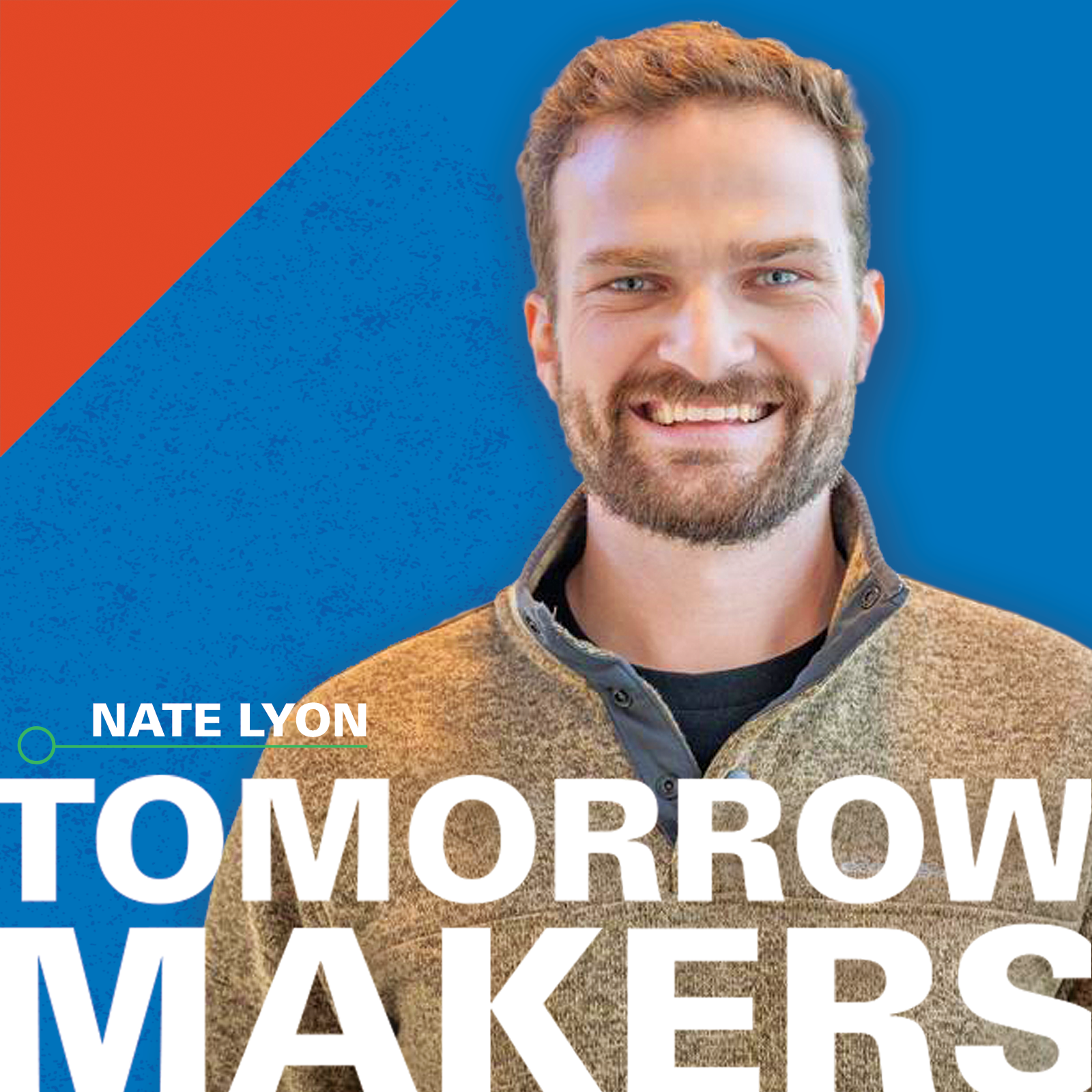
Nate Lyon: Finding Purpose in Community
Working in the Public Relations & Marketing department at Penn College, we often get a front-row seat to a constellation of superstar students. Welding and fabrication engineering technology graduate Nate Lyon was one of those shining examples—always first in line to help with a photo, video, or voiceover project. As a student, he served as an admissions tour guide, resident assistant, new student orientation leader, and president of Campus Crusade for Christ.
When we heard about his latest career move to teach welding at Milton Hershey School, we couldn’t wait to catch up with him. This broad discussion covers everything from his early hands-on experiences and journey to Penn College to his secret camping spot atop a mountain nearby campus.
Whether it was his decision to call Williamsport “home,” choice to mentor young men at a wilderness camp, or latest career move to teach welding to underserved students at the Milton Hershey School, Nate consistently values community in every equation and looks for true purpose in his life decisions. We hope you enjoy this inspiring conversation with changemaker Nate Lyon.
Resources:
